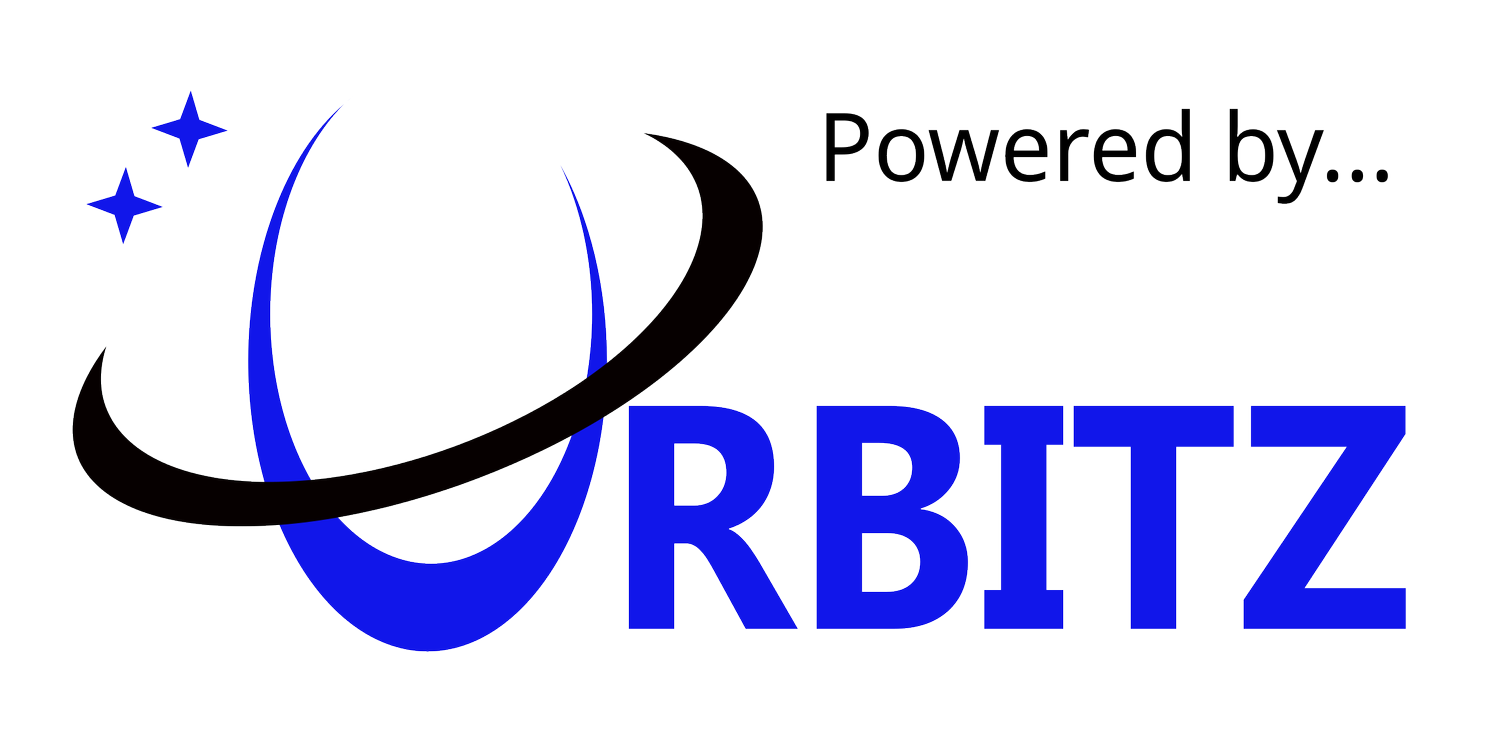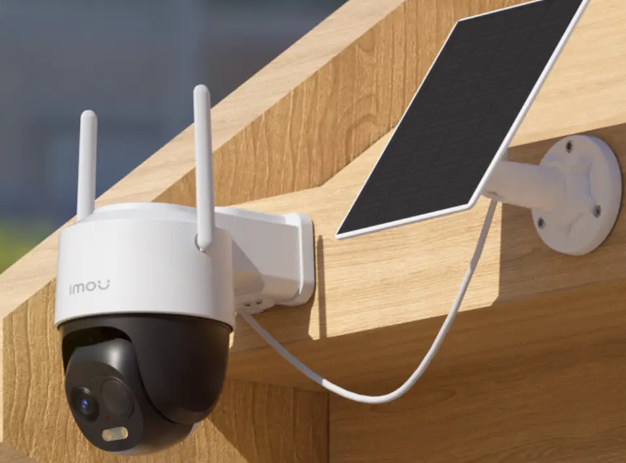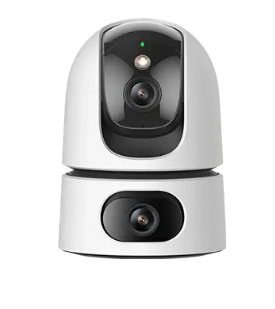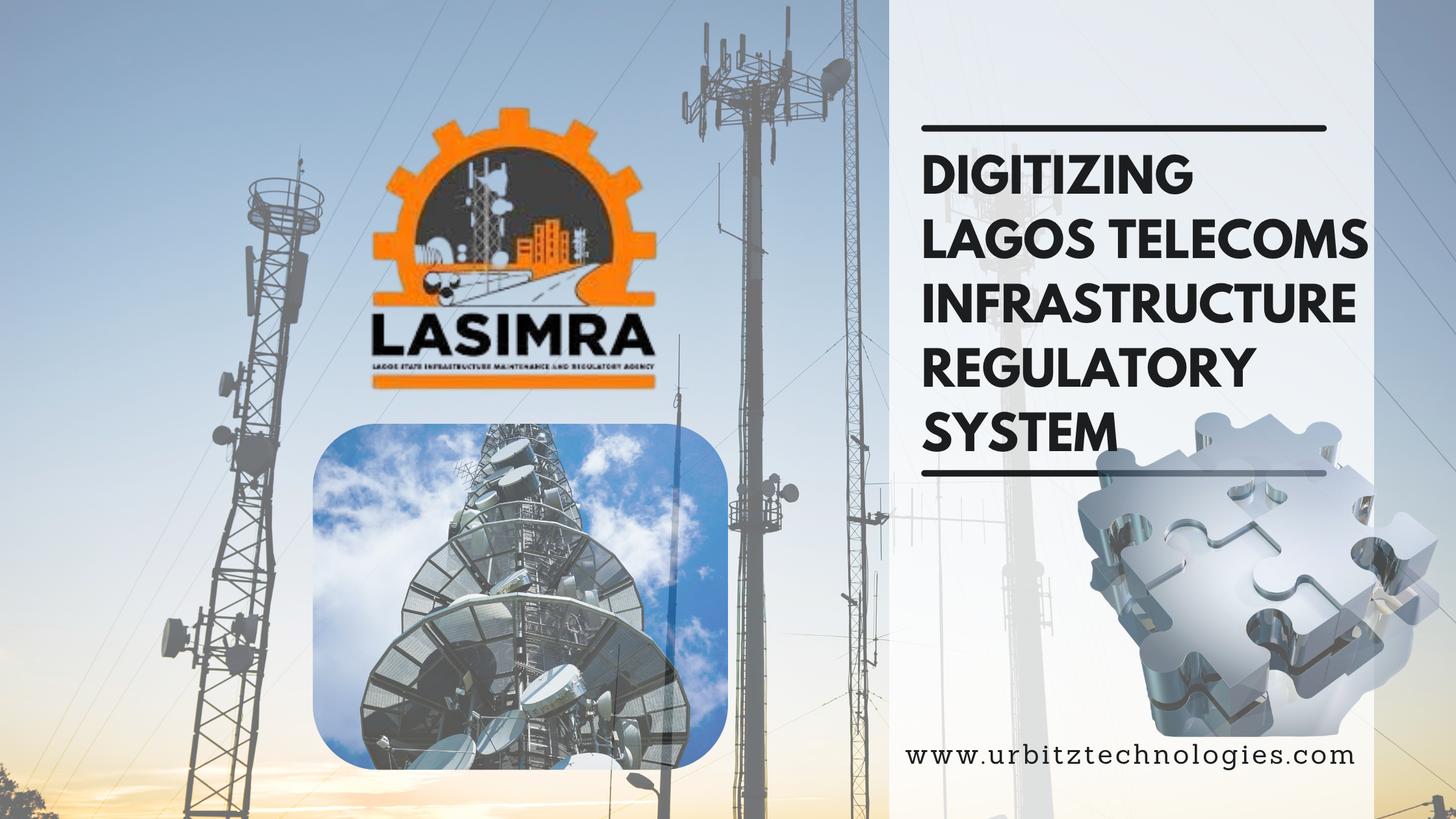A New Challenger Approaches: What AST Mobile's Entry Could Mean for Nigeria's Digital Future
A New Challenger Approaches: What AST Mobile's Entry Could Mean for Nigeria's Digital Future
Broadband connectivity anywhere in Nigeria, without any special equipment. Yes anywhere—using the very same phone in your pocket right now. That is the revolutionary promise of AST Mobile “direct-to-device” (D2D), a service that is finally on the horizon for Nigeria.
This is a game-changer, especially when you consider the current alternative: paying $300-$500 for specialized equipment that requires external power and complex installation, like Starlink. In contrast, AST Mobile isn't just an interesting proposition; it's a seamless leap forward.
For years, the Nigerian telecommunications landscape has been a familiar story: the "Big Four" – MTN, Airtel, Globacom, and 9mobile – dominating the market. While competition has driven prices down and expanded network access, many Nigerians still grapple with inconsistent service, frustrating data speeds, and connectivity gaps in rural areas.
But what if a new player entered the arena, not just with another SIM card, but with a completely different kind of technology? Enter AST Mobile (or AST SpaceMobile) – a company that isn't just building cell towers; it's building a network in the sky.
The buzz is growing, and the potential deployment of AST Mobile in Nigeria could be the most significant shake-up the industry has seen in a decade. Let's break down what this means for you and the future of connectivity in Nigeria.
What Exactly is AST Mobile?
Forget everything you know about traditional mobile networks. AST SpaceMobile aims to create the world’s first space-based cellular broadband network designed to work with your standard, unmodified, everyday smartphone.
In simple terms, they are launching a constellation of powerful satellites into low Earth orbit. These satellites will act as "cell towers in space," directly connecting to your phone. No special dish, no new hardware – just the phone already in your pocket.
Why Nigeria is the Perfect Launchpad
Nigeria isn't just another market; it's a strategic priority for a service like AST, and here’s why:
The Unconnected Millions: Despite the progress made by existing providers, millions of Nigerians, particularly in rural and remote areas, still live without reliable network coverage. AST’s satellite technology can blanket the entire country, from the creeks of the Niger Delta to the remotest villages in the Sahel, bringing them online for the first time.
A Data-Hungry Nation: Nigeria has one of the youngest and most digitally active populations in the world. The demand for data for social media, streaming, business, and education is insatiable. A new, high-capacity player could disrupt the data market, offering more competitive pricing and innovative packages.
Critical Infrastructure and Emergency Services: Nigeria faces challenges with terrestrial infrastructure, from fiber cuts to power outages, which can disrupt communication. A space-based network is inherently more resilient to such ground-level issues, providing a vital backup for emergency services, government agencies, and businesses that cannot afford downtime.
The Game-Changing Benefits for Nigerian Users
If successfully deployed, what would an AST-powered Nigeria look like?
Seamless Nationwide Coverage: Imagine driving from Lagos to Abuja and never dropping a call. Or taking a video call from a farm in Oyo State without a glitch. "Network not available" could become a phrase of the past.
A Boost for Rural Economy and Education: Reliable internet can transform rural communities. It enables telemedicine, remote learning, and access to digital financial services, empowering smallholder farmers and local entrepreneurs to participate fully in the digital economy.
Disaster Resilience: During floods, conflicts, or other disasters that damage ground infrastructure, an AST connection could become a lifeline, keeping people connected when they need it most.
Increased Competition: The entry of a deep-pocketed, technologically advanced player will force existing networks to up their game. We can expect better customer service, more innovative data plans, and accelerated network upgrades from everyone.
The Challenges on the Ground (and in the Sky)
Of course, such an ambitious project faces hurdles:
Regulatory Hurdles: AST will need to work closely with the Nigerian Communications Commission (NCC) to secure the necessary licenses and spectrum rights. This process can be complex and time-consuming.
Pricing: Building and launching satellites is incredibly expensive. The big question is: will the service be affordable for the average Nigerian? AST’s success will hinge on its pricing strategy.
Network Capacity: While great for covering vast areas, the initial capacity of satellite networks might be strained in ultra-dense urban areas like Lagos or Kano. A hybrid approach, partnering with existing terrestrial networks, might be the most effective solution.
The Future is Calling (From Space)
The potential deployment of AST Mobile in Nigeria is more than just a new telecoms launch; it's a vision for a truly connected nation. It promises to bridge the digital divide in a way that ground-based infrastructure alone has struggled to achieve.
While we may still be a year or two away from seeing AST SIM cards on the streets of Lagos or Abuja, the conversation has started. The very prospect is exciting the market and putting existing providers on notice.
The question is no longer if our phones can connect directly to satellites, but when this technology will become a mainstream reality in Nigeria. And when it does, the face of Nigerian connectivity will change forever.
What do you think? Are you ready for a network from the stars? Share your thoughts in the comments below!
Disclaimer: This blog post is based on public announcements and the potential of AST SpaceMobile's technology. Service availability, pricing, and rollout timelines in Nigeria are subject to change and dependent on regulatory approvals.








Fabricated Alumimium bracket for wall mounted camera
Cameras supported includes but not limited to :
TP-Link tapo
Imou ranger